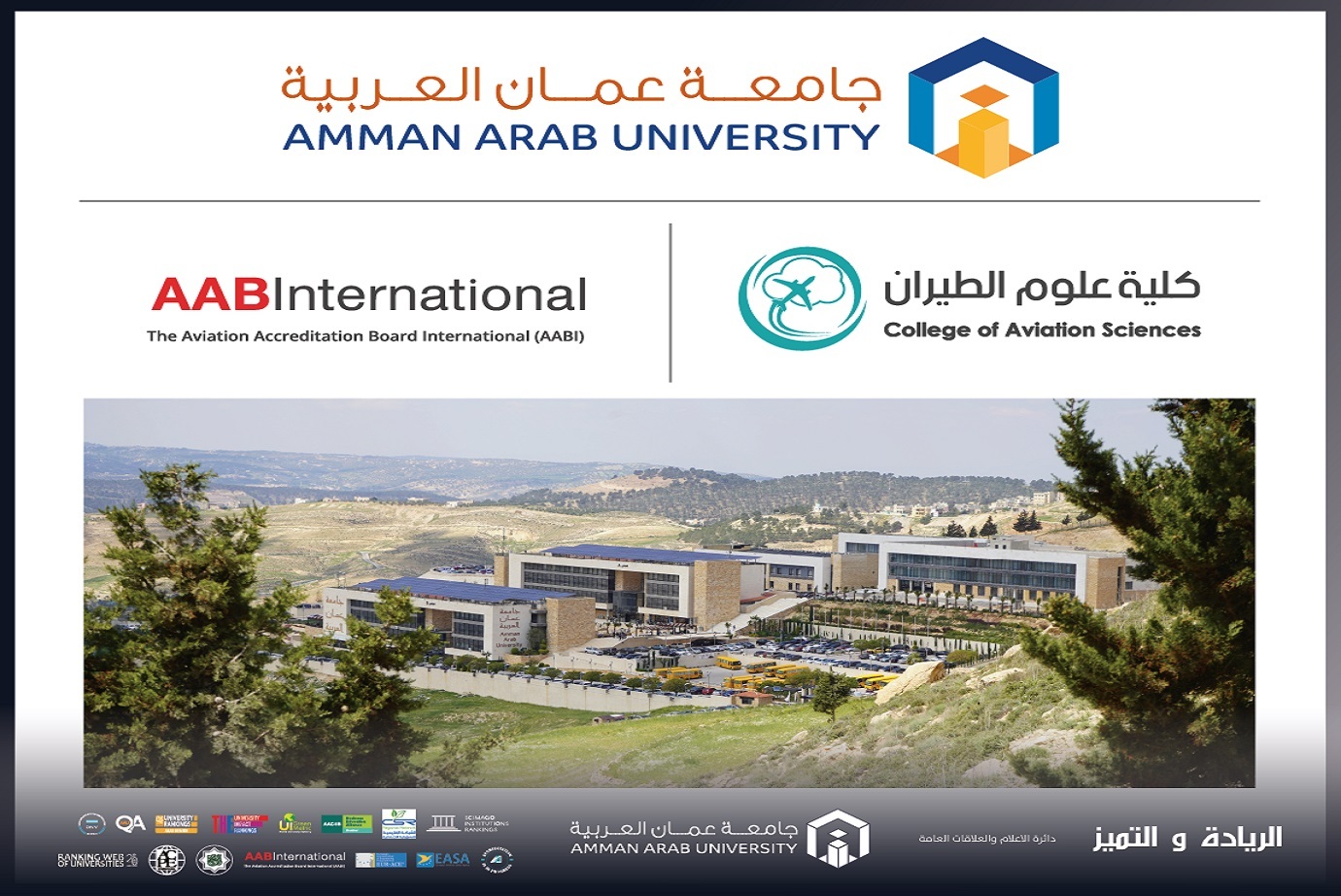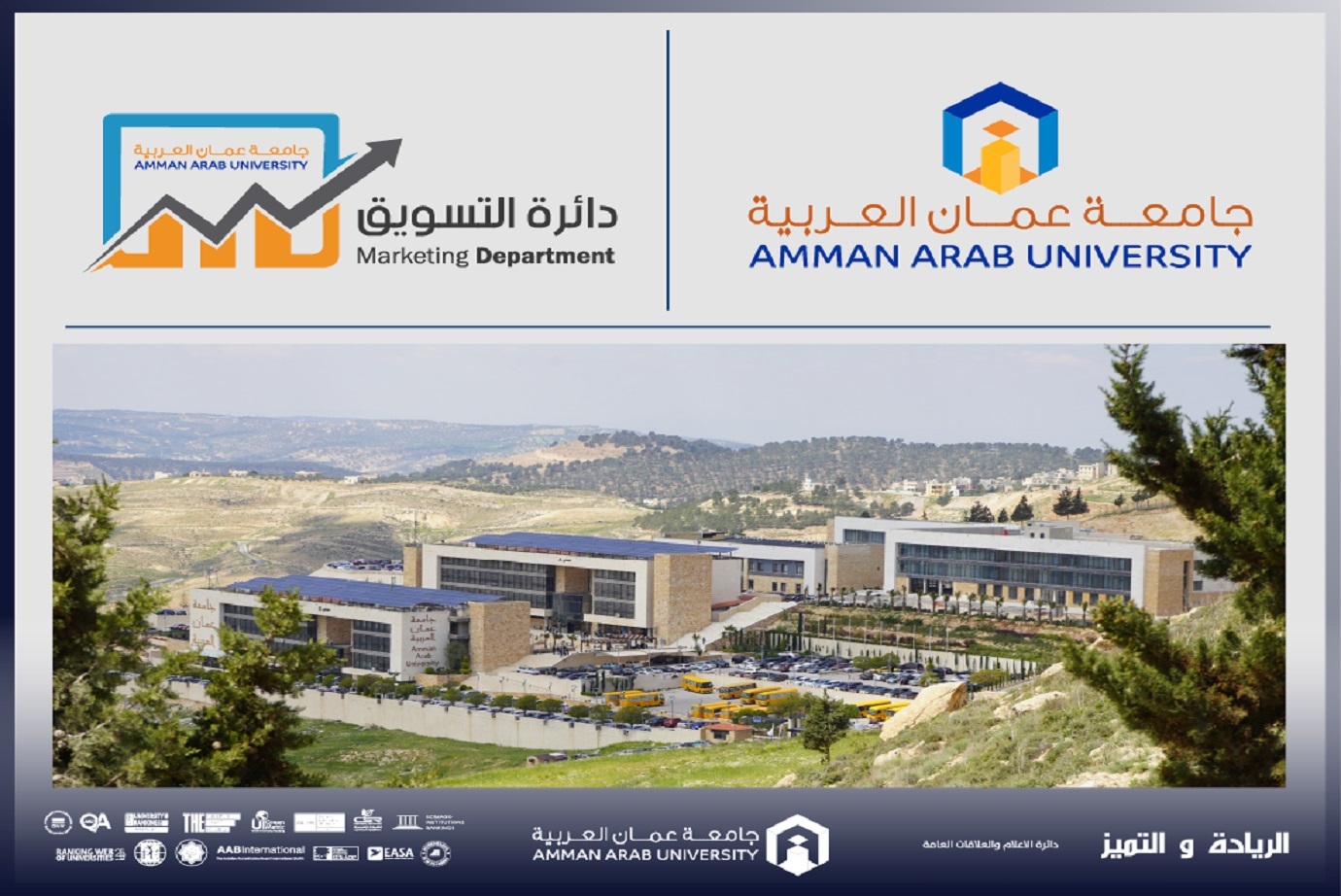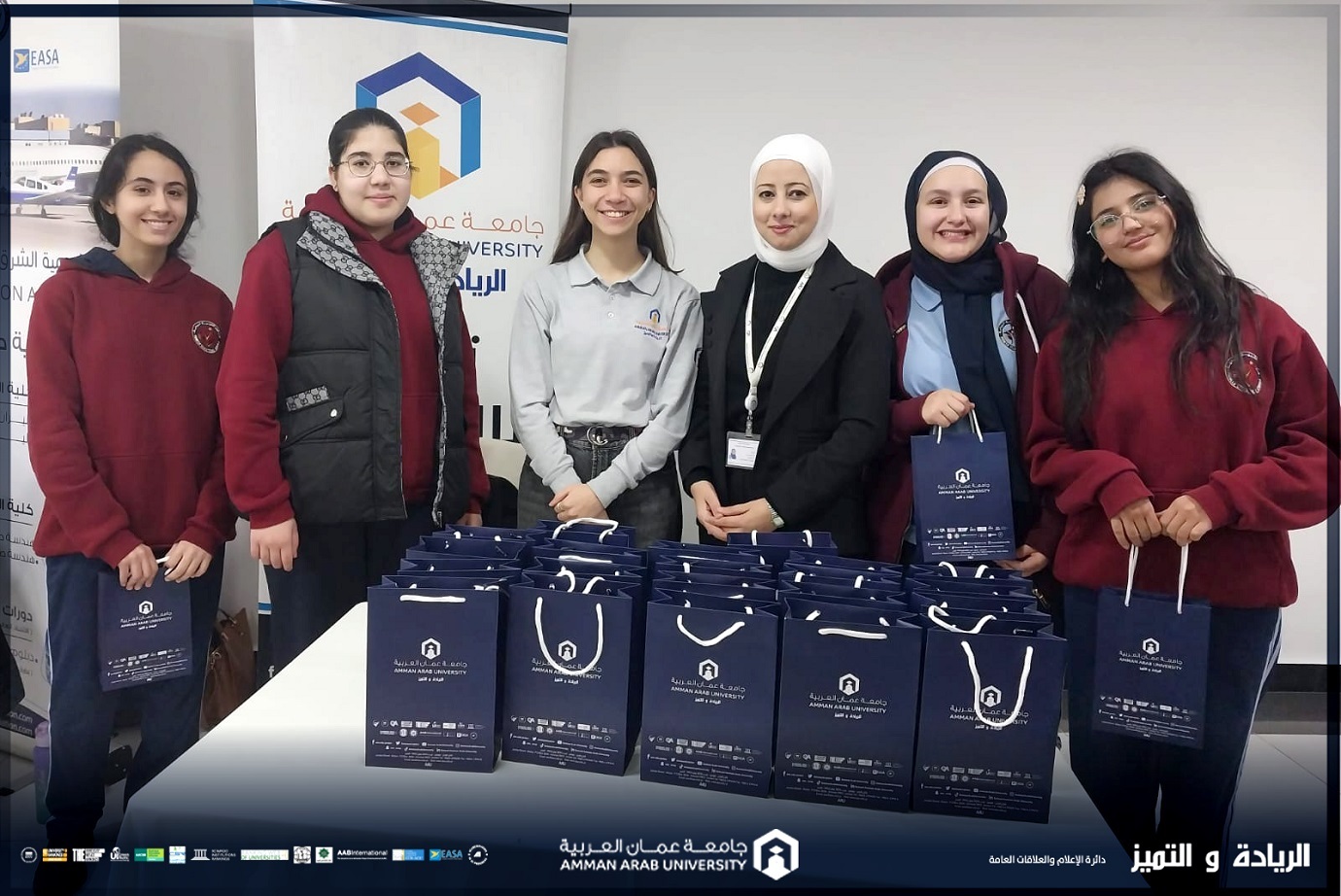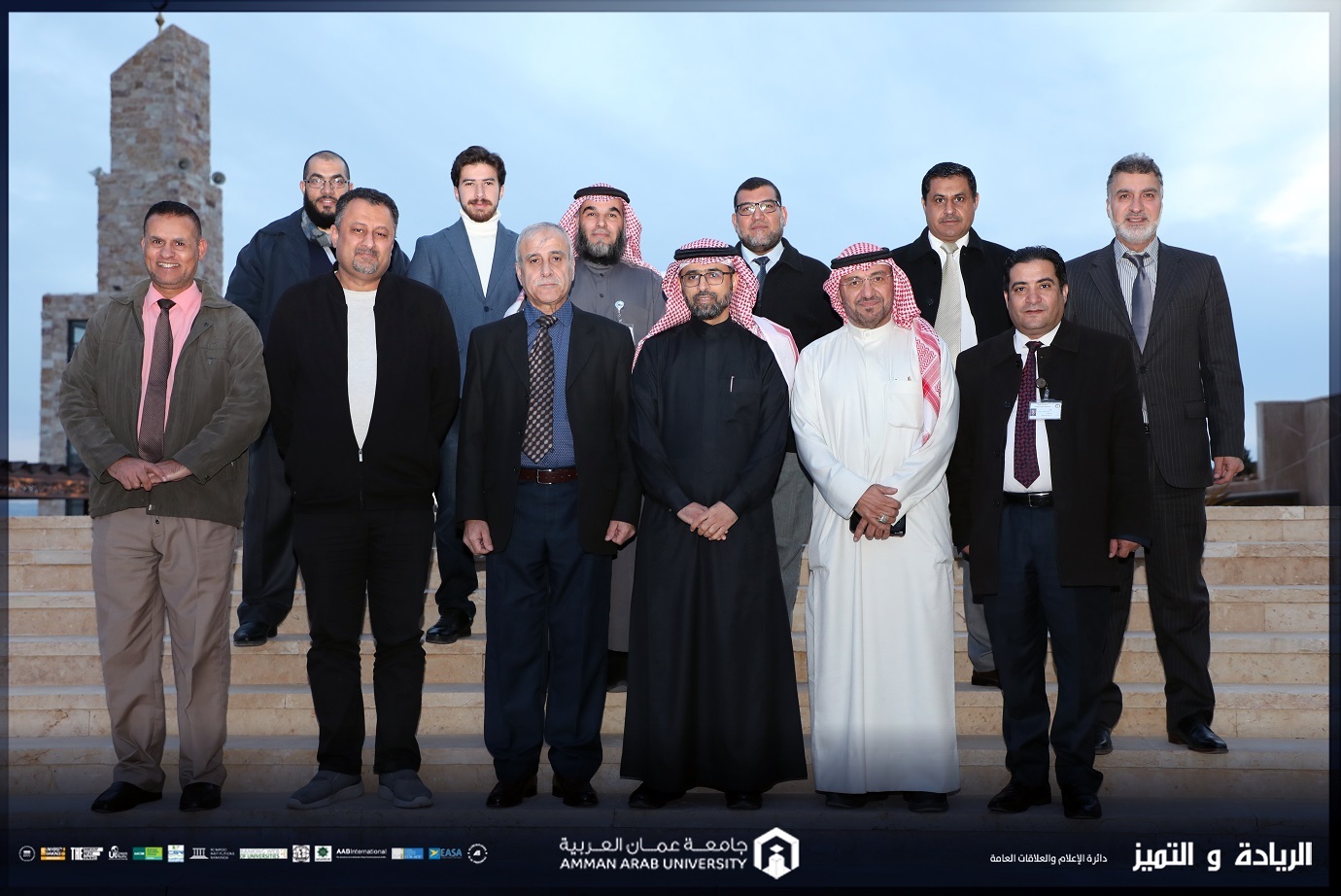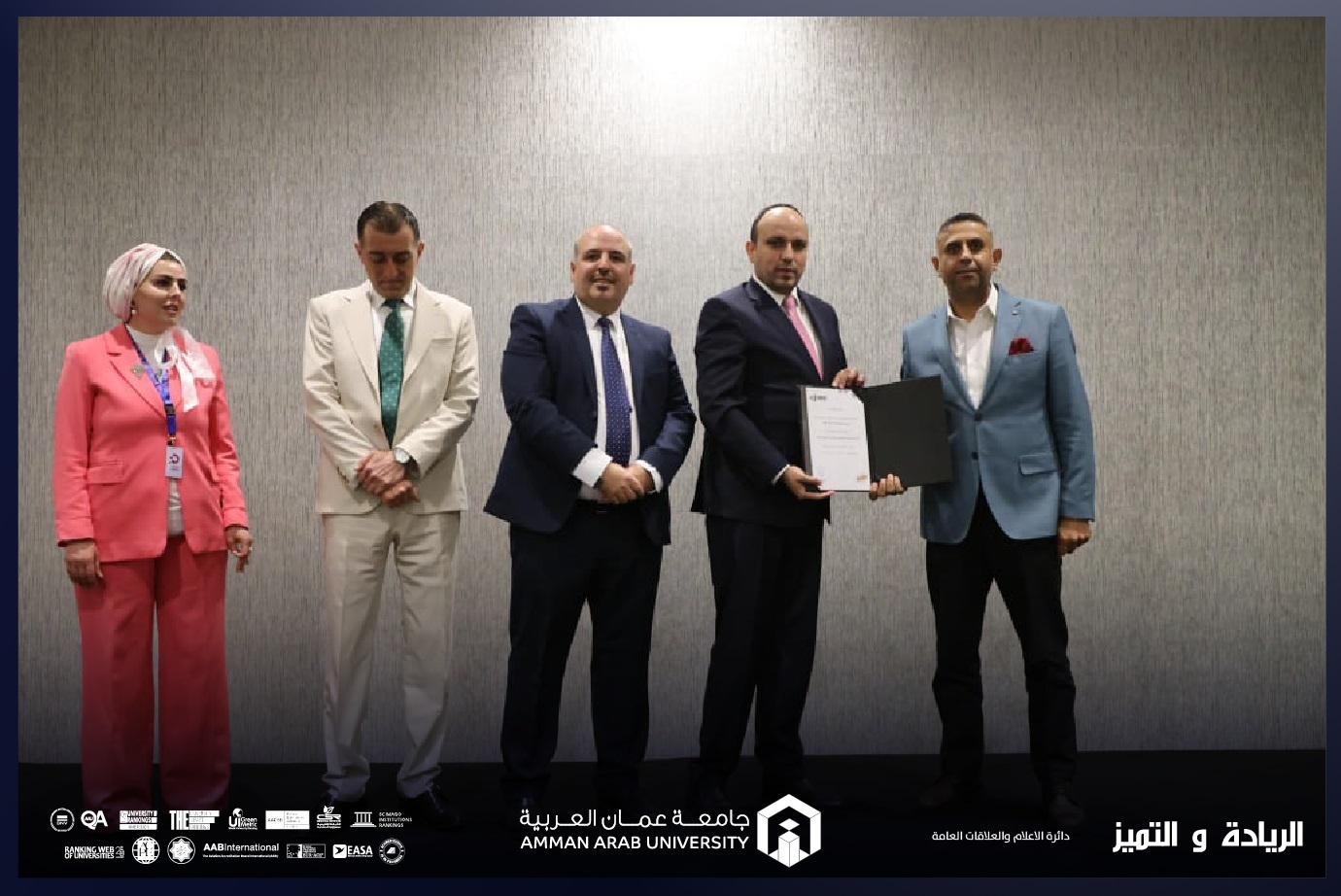The Participatory Role of University Professors in Sustainable Development
Prof. Younes Megdadi,
Since its inception, Jordanian universities have been rich in academic professors figures were specialized in various scientific, human and social fields, who have taken upon themselves the scientific and cognitive responsibility aimed at achieving a qualitative leap in building society with all its components, as they are the real key to knowledge and a source of knowledge enlightenment, not to mention their broad thought and visions. Insightful, especially in diagnosing, analyzing and interpreting phenomena and issues that affect society and in various fields, based on their sober thought of knowledge and their ability to develop optimal solutions that can be adopted and applied as a participatory contribution to the treatment of many societal issues towards achieving the so-called sustainable development.
University administration has recognized the reality of the university professor's role not only being limited to the educational process within the classroom, scientific research, and the like from the basics of the university professor's job, but to have another role towards public service and in various fields, and as it is said, "Where is the benefit" as a thinker, maker of knowledge and minds, and able to put forward his ideas and interact and constructive dialogue and offer guidance and good opinion to individuals and entities in the local community, and the positive implications of the university professor's job and position on the one hand, and universities and their leading active tool in enhancing the local community on the other.
The intellectual, scientific, knowledge, and research offering of the university professor, with its diverse and well-known contents, has become one of the most significant advising references in the life and development of societies. Benefit from his knowledge and advisory contributions and be present in all fields to serve the community, and we mostly find the presence of the university professor through strategic studies and advisory centers, visual, audio, and written media, television programs for various purposes, field visits to local community institutions, and participation in development projects as an entity consulting, participation in the membership of governance councils as a consultant, participation in the membership of governance councils as a consultant, and attending conversation events linked to local community issues and concerns, all of which highlight his key role in attaining participatory opinion-making towards those topics expressed in order to give treatment and ideal solutions for them.
In light of these trends, Jordanian universities have opened their doors to individuals and institutions from the local community for decades and from various sectors in order to promote the principle of community participation aimed at achieving joint interaction with the local community by relying chiefly on the university professor as the executive body for joint programs and contributions, and at the same time to enable universities to translate their role and societal responsibility towards society to be the nucleus towards achieving sustainable development. However, we soon realize that the role of the university professor is still pretty much exclusively embodied and directed by the educational process, as we find no more than 10% of the total number of faculty members in universities who are active in community programs and projects, and this percentage, in our estimation, is very modest, and therefore this will lead to It reinforces the conventional image of the university professor and universities, as well as their critical role in attaining sustainable development. On the other side, we discover a distinct break from local community institutions and their refusal to collaborate with universities in attempt to benefit from the university professor's combined credentials, knowledge, and experience.
We believe that strengthening and activating the participatory university professor’s role in sustainable development requires universities to be the initiator in following up on local community issues and working to monitor them, and joint coordination with relevant official and civil authorities to activate participatory programs aimed at achieving sustainable development, and creating a unit specialized in sustainable development in universities campuses within a specialized team in this regard, allocating an estimated budget to support and solve local community issues as a contribution from universities, searching for sources of funding with the aim of expanding the scope of partnership with the public and private sectors, providing logistical support for professors, caring for pioneering professors and those interested in sustainable development programs, and motivating professors to participate by engaging in sustainable development projects and programmers, activating the role of students and involving them in development and community programs to demonstrate universities' and their professors' pioneering and distinguished image, and highlighting their true role towards sustainable development.



